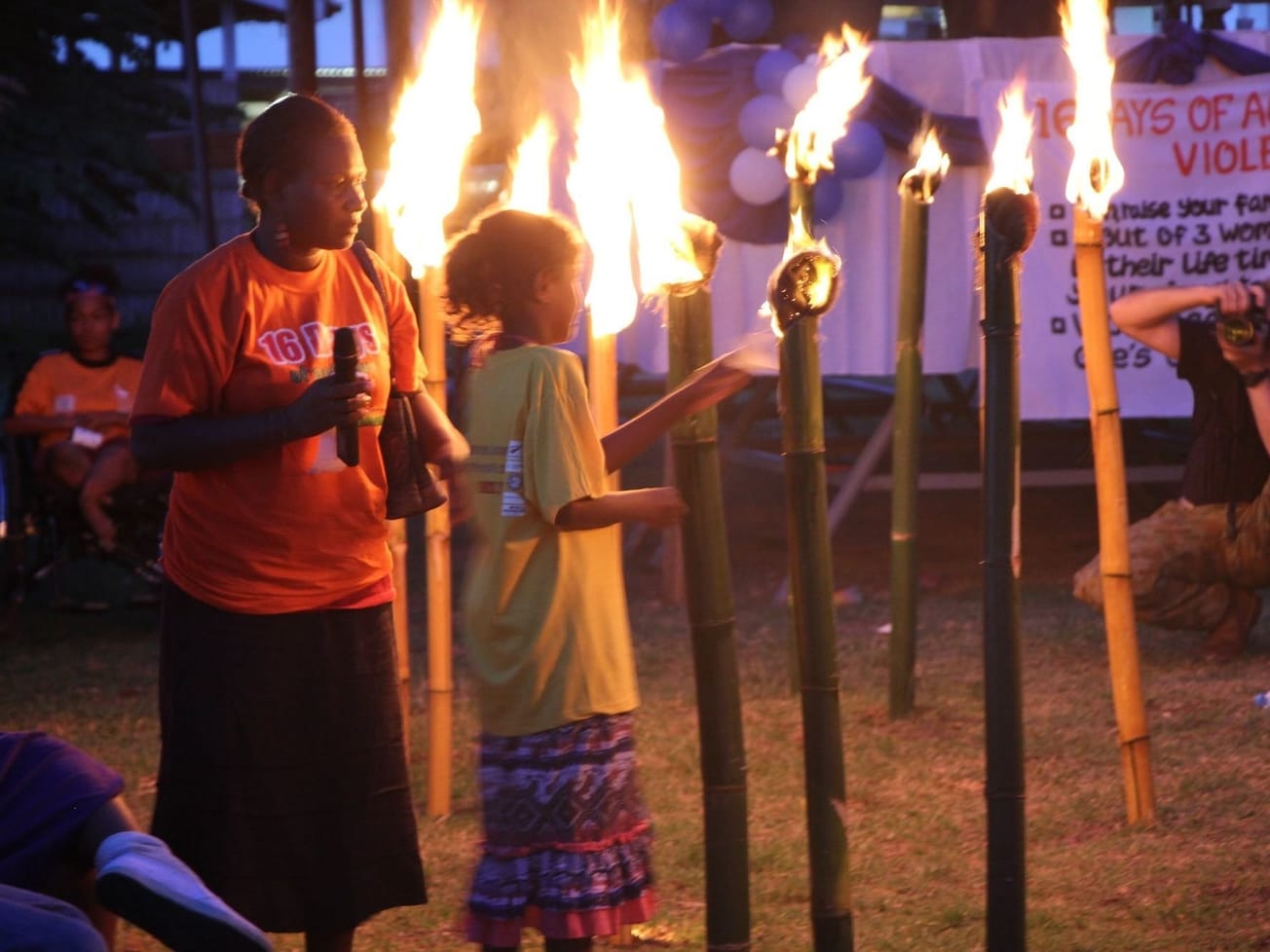WASHINGTON (AN) — They are disturbing numbers: One in three women and girls will suffer sexual or physical violence in their lifetimes. Seventy percent of women experience gender-based violence in humanitarian contexts.
One in five girls is married when still under the age of 18, and one in three women and girls lives in a country where marital rape is not an explicit crime.









